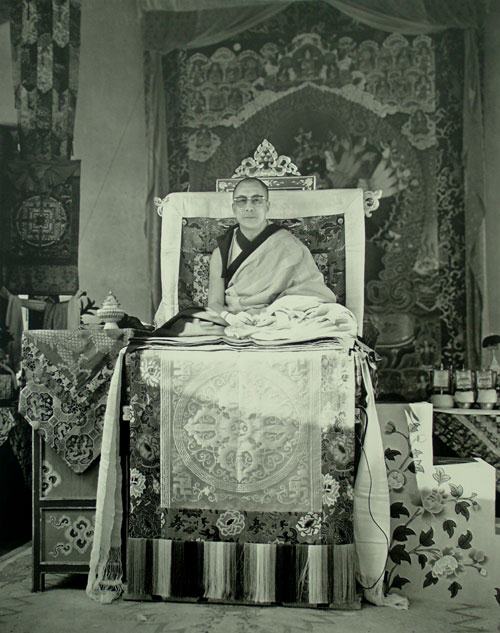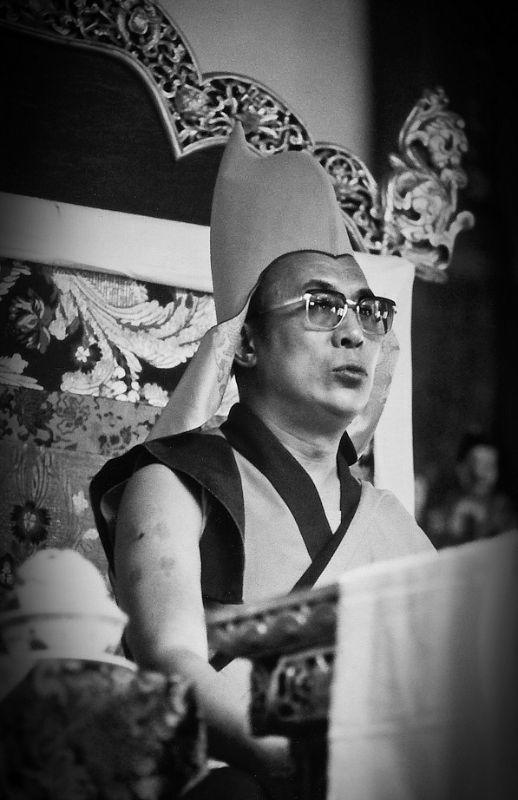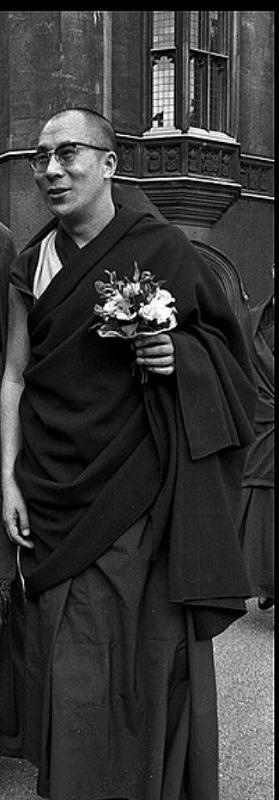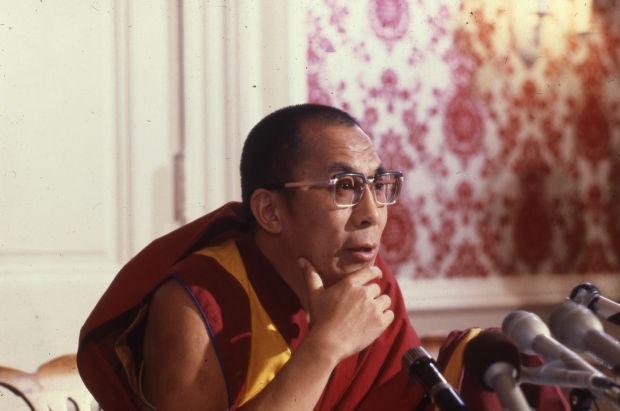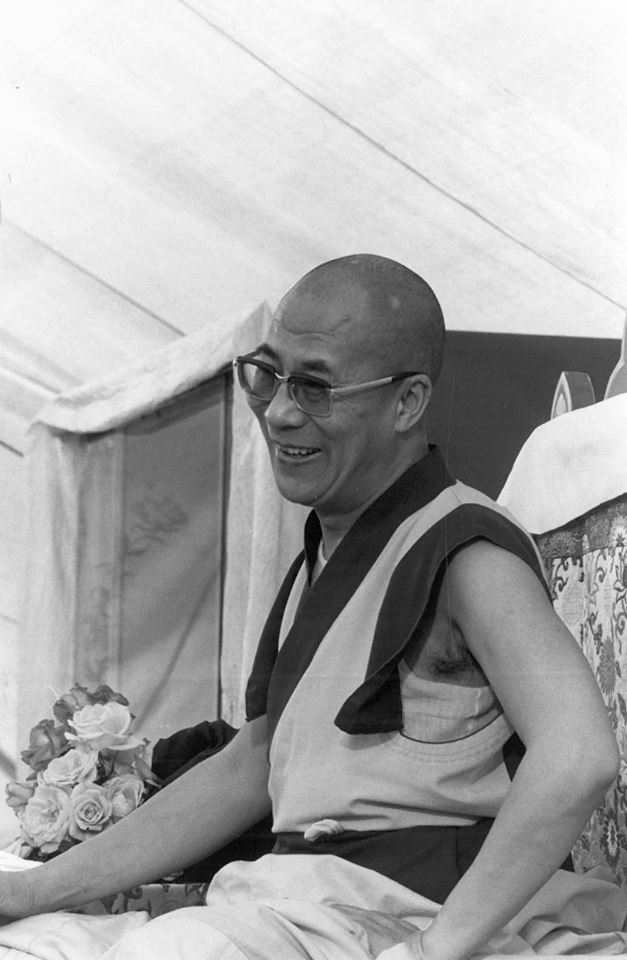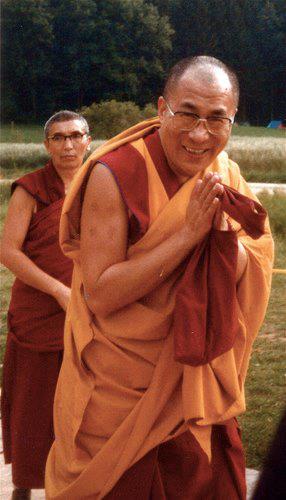
His Holiness the Dalai Lama: The practice of Dharma is that which enables us to be true, faithful, honest and humble, to help and respect others, to forget oneself for others.
1 – The Thirty-Seven Practices of the Bodhisattva

His Holiness the Dalai Lama: The practice of Dharma is that which enables us to be true, faithful, honest and humble, to help and respect others, to forget oneself for others.
I want to give a few explanations concerning Dharma, and more particularly, Mahayana Dharma, and the necessary preparations for the initiation. I shall be brief, but I hope to give you a fruitful teaching that you will like. You are not tired, and neither am I. So we are all of us in excellent condition for hearing about the Dharma.
There are many rules in the vinaya (rules for monastics) concerning the physical manner in which the Dharma should be listened to; one should be seated in the right posture, be bareheaded before the guru, the monks should have their right shoulder bare, and so on. But all these rules are waived when people are ill. We are not ill, but this very hot sun may bother you and make you fall ill. So for the time being let us abolish all those rules, and let those with umbrellas open them, the monks cover their heads with a fold of their robe, or a white handkerchief – something white is excellent protection against the hot sun. Continue reading
